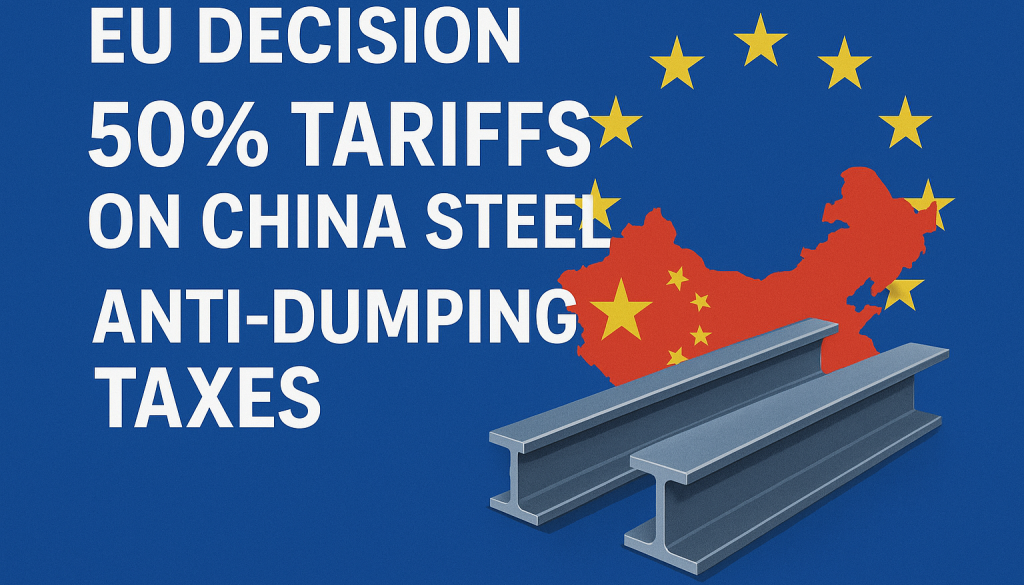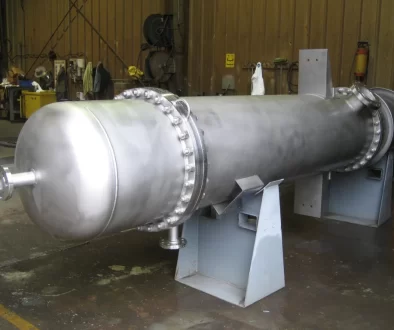EU Expands Tariff Crackdown: 50% Tariffs on Chinese Steel and Anti-Dumping Taxes on Vietnam
In a bold move to protect its domestic steel industry, the European Union has announced sweeping trade measures, including a 50% tariff on steel imports from China and the imposition of anti-dumping taxes on steel products from Vietnam. The decision underscores Europe’s determination to shield its industrial base from what it considers unfair competition.
Why China and Vietnam?
- China remains the world’s largest steel producer, exporting massive volumes often at prices below production costs due to heavy state subsidies. European officials argue that this practice undermines fair competition and threatens the viability of EU steel plants.
- Vietnam has seen rapid growth as a steel exporter, with evidence suggesting that some Chinese-origin steel is being rerouted through Vietnam to bypass existing tariffs. The EU’s new anti-dumping measures are intended to close this loophole and prevent circumvention of trade rules.
Impact Across the Board
- For Europe’s Steelmakers: The measures could offer breathing space for European producers struggling to stay competitive against low-cost imports, particularly in Germany, France, Italy, and Spain.
- For Industries Using Steel: Construction, Structural Steel Fabrication, automotive, Stainless Steel Fabrication and machinery manufacturers may face rising input costs as tariffs push prices higher across Europe.
- For China and Vietnam: Both countries face restricted access to one of the world’s largest markets. China may redirect exports to other regions, while Vietnam could see a slowdown in its fast-expanding steel trade.
- For Global Trade: Analysts warn that these measures could trigger retaliatory responses, potentially escalating into a broader trade confrontation involving Asia and Europe. The global steel supply chain may also experience price volatility.
A Strategic Shift
The EU’s decision is not just about economics—it reflects a strategic recalibration of Europe’s industrial policy. By targeting both China and Vietnam, the EU signals its intent to strengthen trade defenses, ensure fair market practices, and reduce reliance on cheap imports.
European leaders emphasize that the goal is not protectionism for its own sake but to maintain a level playing field for industries critical to Europe’s future competitiveness.




